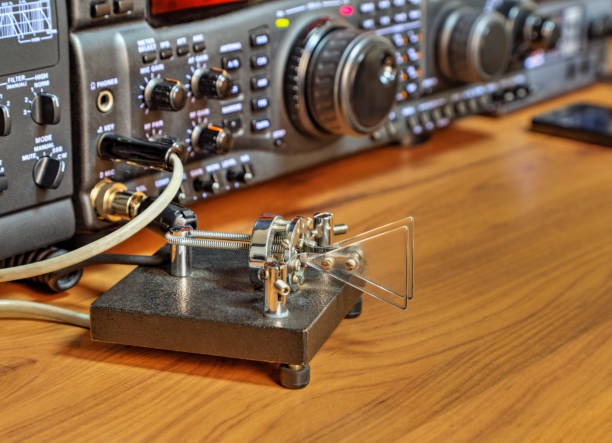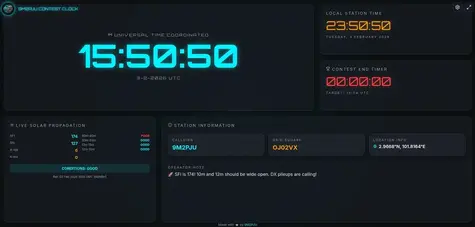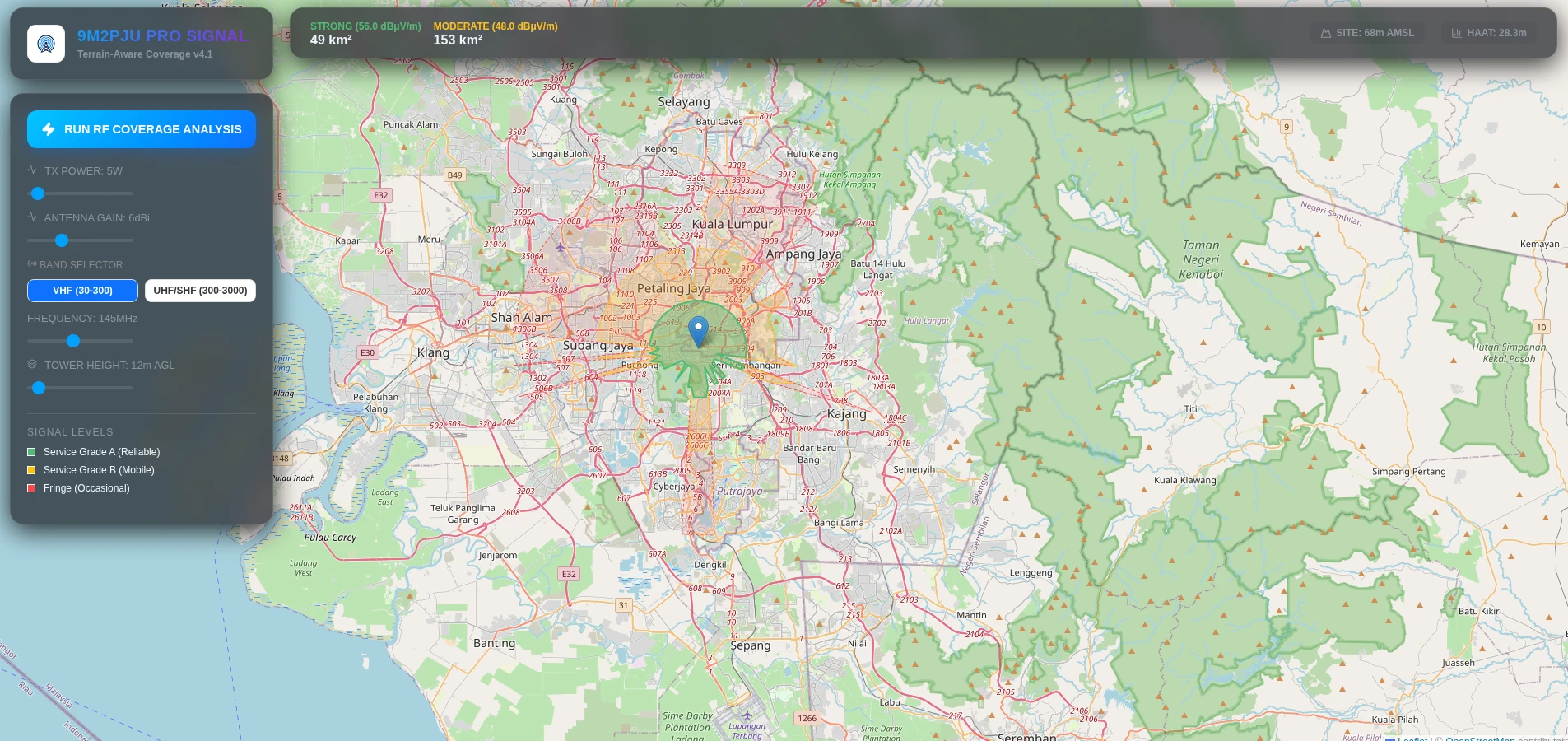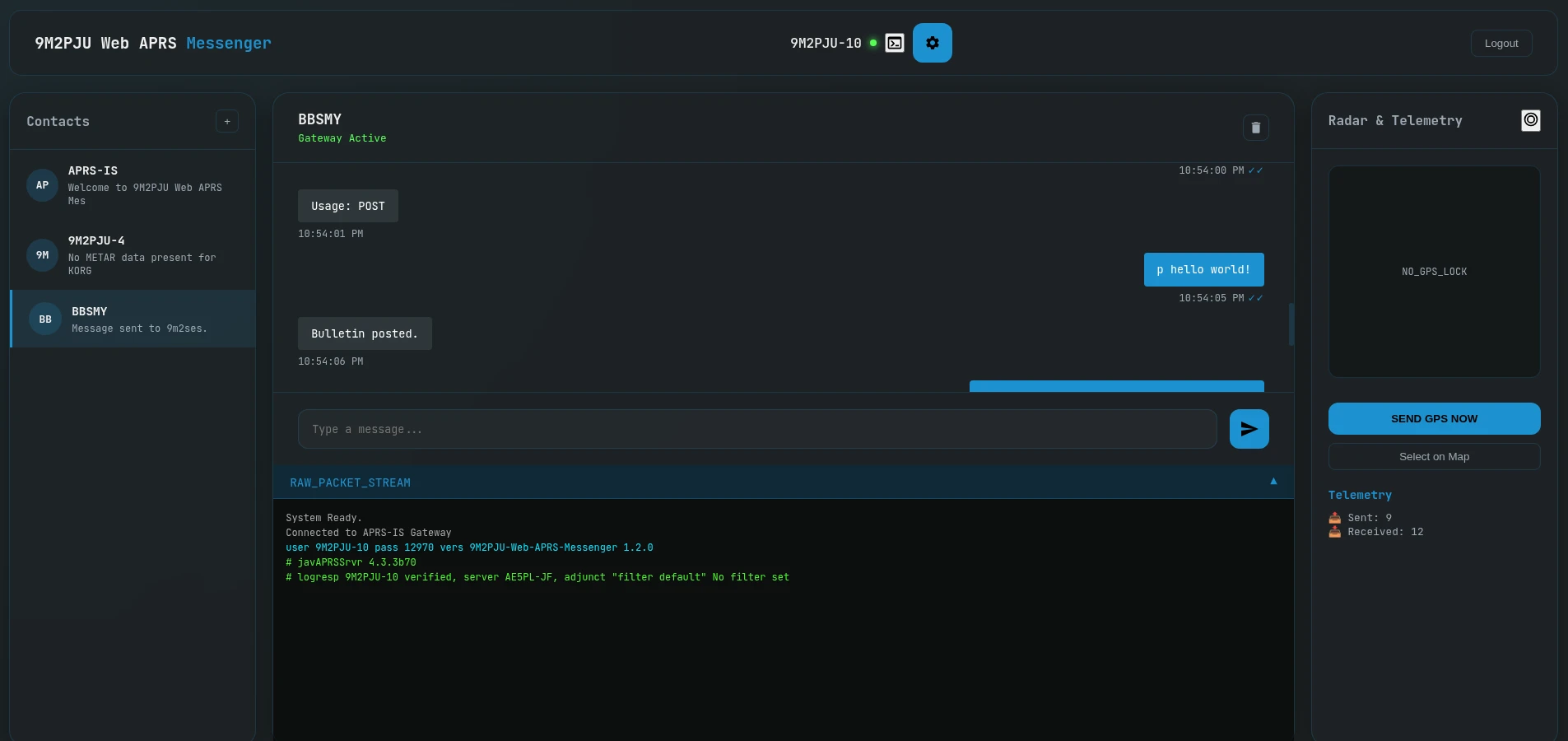amateur radio
electric
equipment
ham radio
radio amatur
tips and tricks
#AmateurRadio, #Communication, #ElectricityBills, #ElectricUsage, #EnergyConsumption, #EnergyEfficiency, #EnergySavings, #EnvironmentalBenefits, #EquipmentLifespan, #GreenEnergy, #HamRadio, #Innovation, #LinearAmplifier, #LowPowerTransceiver, #PowerSupply, #RadioEquipment, #RadioOperator, #RadioPerformance, #radioshack, #RenewableEnergy, #Sustainability, #SustainableLiving, #Technology
9M2PJU
0 Comments
Calculating Your Home’s Electric Usage for Amateur Radio Operators
As an amateur radio operator, it’s essential to understand your home’s electric usage, especially when it comes to your radio equipment. Excessive energy consumption can not only increase your electricity bills but also lead to equipment overheating and reduced performance. In this article, we’ll break down the process of calculating your home’s electric usage and provide tips on reducing energy consumption for your radio equipment.
Why Calculate Your Electric Usage?
Calculating your electric usage can help you:
- Save money on your electricity bills: By understanding your energy consumption, you can identify areas for improvement and make adjustments to reduce your energy usage.
- Extend the life of your equipment: Overheating can reduce the lifespan of your radio equipment. By reducing energy consumption, you can help extend the life of your gear.
- Improve your radio performance: Excessive energy consumption can lead to equipment overheating, which can affect your radio performance. By reducing energy consumption, you can improve your radio’s performance and enjoy better communication.
Identifying Your Radio Equipment’s Energy Consumption
To calculate your home’s electric usage, you need to identify the energy consumption of your radio equipment. Look for the wattage rating on your:
- Transceiver: 50-100 watts
- Amplifier: 100-500 watts
- Antenna rotator: 20-50 watts
- Computer: 200-500 watts
- Other equipment: Such as power supplies, antennas, and other accessories
Calculating Your Daily Energy Consumption
Once you have the wattage rating of your equipment, calculate your daily energy consumption by multiplying the wattage by the number of hours it’s used per day. For example:
- Transceiver: 50 watts x 10 hours = 500 Wh
- Amplifier: 200 watts x 5 hours = 1000 Wh
- Computer: 200 watts x 2 hours = 400 Wh
Considering the Impact of Multiple Devices
If you have multiple devices connected to the same power source, calculate their combined energy consumption. For example:
- Transceiver and amplifier: 50 watts + 200 watts = 250 watts
- Computer and other devices: 200 watts + 100 watts = 300 watts
Looking for Energy-Efficient Alternatives
Consider using energy-efficient equipment, such as:
- Linear amplifiers: These amplifiers use less power than traditional amplifiers and can improve your radio’s performance.
- Low-power transceivers: These transceivers use less power than traditional transceivers and can help reduce your energy consumption.
- Energy-efficient power supplies: These power supplies use less power than traditional power supplies and can help reduce your energy consumption.
Monitoring Your Energy Usage
Keep track of your energy consumption by monitoring your:
- Electricity bills: Review your electricity bills to see how much energy you’re using and identify areas for improvement.
- Energy usage meters: Install energy usage meters in your home to track your energy consumption in real-time.
- Smart plugs: Use smart plugs to track the energy usage of individual devices and identify areas for improvement.
Reducing Energy Consumption
By understanding your home’s electric usage and making adjustments to your equipment and usage habits, you can reduce your energy consumption and save money on your electricity bills. Here are some tips to help you reduce your energy consumption:
- Turn off equipment when not in use: Make sure to turn off your radio equipment when not in use to avoid unnecessary energy consumption.
- Use energy-efficient equipment: Consider using energy-efficient equipment, such as linear amplifiers and low-power transceivers.
- Adjust your usage habits: Adjust your usage habits to reduce energy consumption, such as using your radio during off-peak hours.
- Upgrade to energy-efficient power supplies: Upgrade to energy-efficient power supplies to reduce energy consumption and improve your radio’s performance.
Benefits of Reducing Energy Consumption
Reducing energy consumption can have numerous benefits, including:
- Savings on electricity bills: By reducing energy consumption, you can save money on your electricity bills.
- Improved radio performance: Reducing energy consumption can improve your radio’s performance and reduce the risk of overheating.
- Increased equipment lifespan: Reducing energy consumption can help extend the lifespan of your radio equipment.
- Environmental benefits: Reducing energy consumption can help reduce your carbon footprint and contribute to a more sustainable future.
Conclusion
Calculating your home’s electric usage and reducing energy consumption can have numerous benefits for amateur radio operators. By understanding your energy consumption and making adjustments to your equipment and usage habits, you can save money on your electricity bills, improve your radio’s performance, and contribute to a more sustainable future. Remember to monitor your energy usage, reduce energy consumption, and consider energy-efficient alternatives to improve your radio’s performance and extend its lifespan.







Post Comment